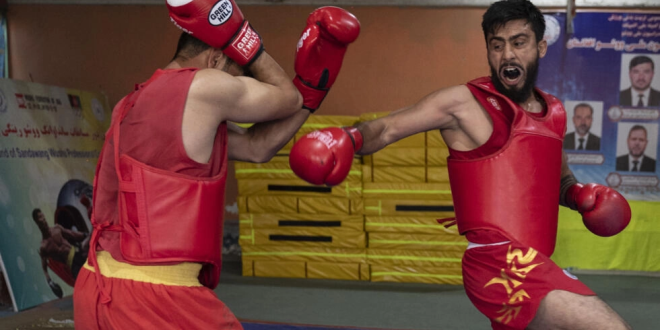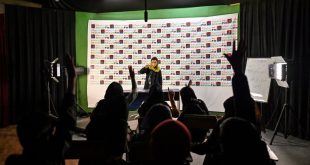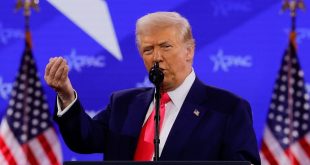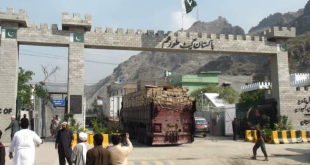AT News
KABUL – In a remarkable display of resilience, Afghanistan is set to compete in 15 sports at the upcoming Asian Games in Hangzhou, marking their return to the international sports stage since the Taliban’s rise to power in 2021. The Asian Games, now the largest sporting event globally with more participants than the Olympics, will finally commence this Saturday, following a year-long delay due to China’s former zero-Covid policy.
Hotak, a seasoned wushu fighter, along with his three dedicated teammates, embarks on their rigorous training regimen daily at the federation’s training center. Their training in this Chinese combat sport, akin to kung fu, involves rigorous stretching and precision honing of techniques designed to outmaneuver their adversaries.
Hotak’s journey into wushu was inspired by watching Chinese films, particularly those featuring martial arts legend Jet Li. Fascinated by the strength and prowess of Li’s on-screen persona, Hotak joined a wushu club, initially standing in the back ranks. However, he soon discovered untapped potential within himself.
At the age of 30, Hotak previously secured a bronze medal for Afghanistan in wushu during the 2018 Asian Games. He is poised to chase another medal, with the wushu competition commencing on the opening day of the Hangzhou Games.
Hotak emphasizes the significance of Asian Games medals for Afghanistan, a nation grappling with myriad challenges. The Afghan economy has endured decades of turmoil, further compounded by international sanctions on its banking system and foreign assets post-Taliban takeover.
While the Taliban authorities express support for sports, Afghan athletes representing the nation on the global stage lack government financial backing. Hotak, for instance, sustains himself with a modest income of 13,000 Afghanis (approximately 155 euros) as a sports advisor within the government’s physical education department.
His teammate, Nasratullah Habibi, aged 29 and a multiple-time international medalist in wushu, manages to make a living by owning three wushu clubs. Nonetheless, the welfare of his family weighs heavily on his mind, as many young men have shifted their focus away from sports in pursuit of employment opportunities.
Afghanistan’s participation in international competitions since the Taliban’s ascent faces complexities, primarily the absence of recognition for the government by any foreign nation. Athletes will not bear the Taliban government’s flag officially in China, according to Atal Mashwani, spokesman for the General Directorate of Physical Education and Sports.
Crucially, the recognition of Afghanistan’s new rulers, both in the realm of sports and beyond, hinges on the treatment of women’s rights. The delegation of over 120 athletes, coaches, and supervisors from Afghanistan will not include any women, consistent with the Taliban’s stringent restrictions on women’s involvement in sports and public life. However, some Afghan women based abroad will participate in various events, including volleyball, athletics, and cycling.
Beyond his aspirations for a gold medal, Hotak remains steadfast in his desire to inspire his own children in the realm of sports, echoing the resilience and determination that have defined his own remarkable journey.
 Afghanistan Times
Afghanistan Times




